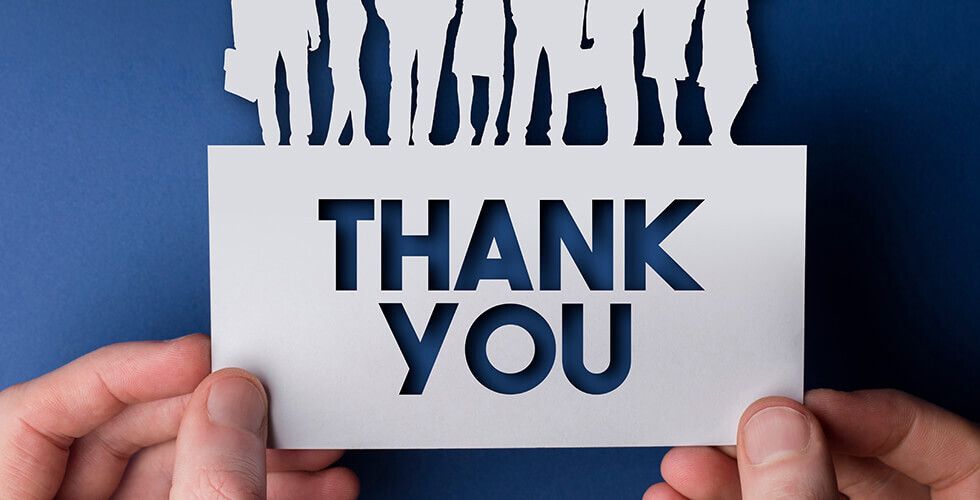
Gratitude isn’t just feel-good fluff — it’s a powerful, low-cost tool that’s reshaping how people cope, connect, and contribute, especially during times of stress and uncertainty.
Organizational development consultant Jones knows firsthand how daily gratitude can rewire your mindset. As a single mom launching her own business, she says her habit of naming something she’s thankful for before getting out of bed has kept her grounded. “You start to see the beauty in the struggle because you realize, ‘Hey, I’m growing stronger,’” she explains.
Gratitude is also catching on in workplaces grappling with layoffs and burnout. Studies show that employees who feel appreciated are more engaged, collaborative, and resilient. Yet many leaders overlook it as a strategic advantage.
The good news? It doesn’t take much. A team leader can open meetings by highlighting wins, or managers can leave handwritten thank-you notes. Companies like O.C. Tanner have helped major employers like American Airlines and Amway embed gratitude into their culture, from rewards points to personalized gift boxes.
Frontline workers, in particular, have felt the impact. At Denver Health, the RESTORE program offers peer support and emotional first aid to hospital staff. Sometimes, a simple care package or thank-you card from a child made all the difference during the pandemic’s darkest days.
The Indy Public Safety Foundation echoes that sentiment, offering support, meals, and even electric bikes to first responders long after the applause faded.
But experts caution: Gratitude isn’t a substitute for fair treatment. “Being grateful doesn’t mean accepting poor conditions,” says Jones. It’s about balance — appreciating the good while still advocating for what’s right.
In a world that often moves too fast, pausing to say “thank you” just might be the most powerful act of all.

